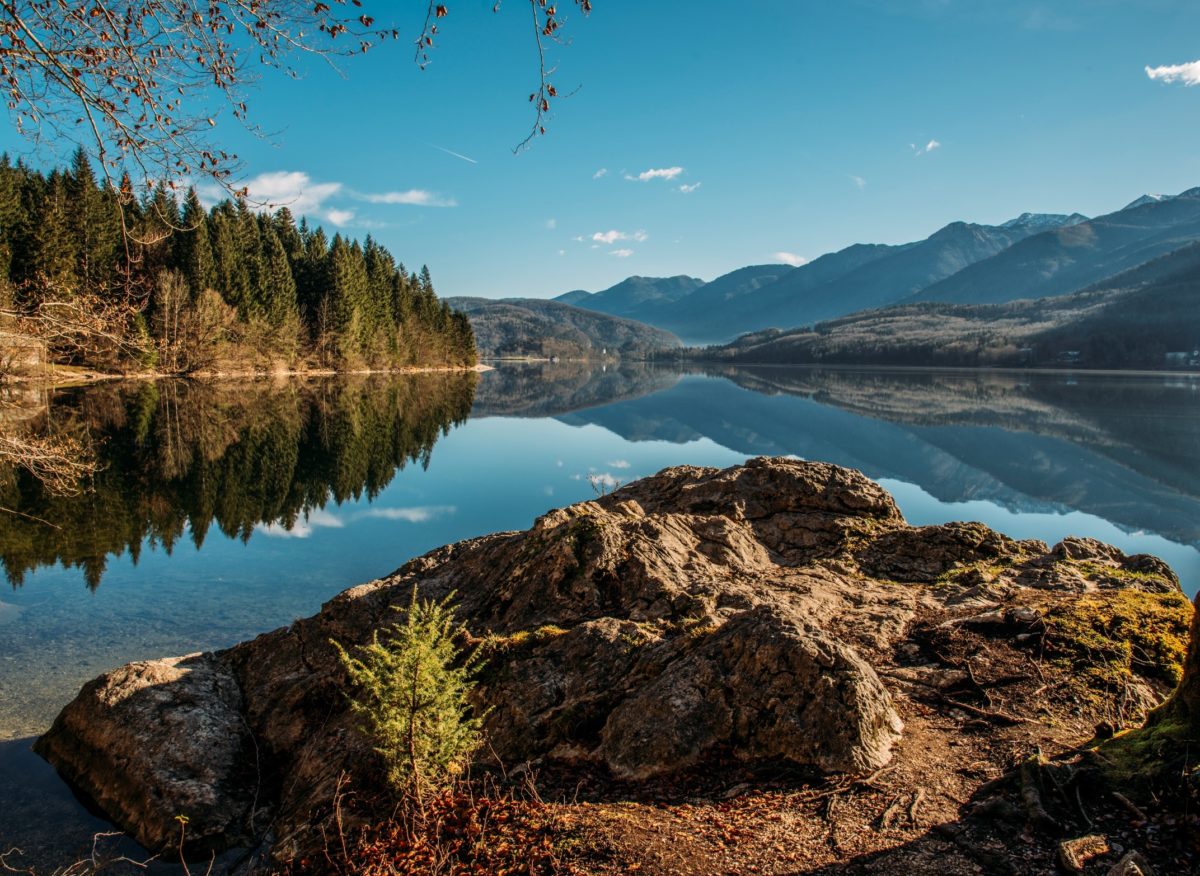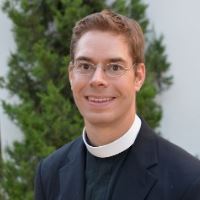Climate change is a gospel issue, one that belongs in the pulpit. This is a question of loving our children and the generations yet unborn. When it comes time to preach about Jesus and climate justice, here are six considerations for the preacher.
Keep it about Jesus
First, as with all preaching and worship, the telos or goal of our work is prayer. Through the Holy Spirit, our sermons help people to deepen their faith and to grow in their walk with Jesus Christ. Another way to say this is, “Preach the Gospel and keep the sermon about Jesus.” That’s not hard to do when we preach about climate change. Any responsible treatment of the summary of the law, “Love God, and love your neighbor as yourself,” necessarily engages global climate stewardship.
Carbon emitted from my car will circle the globe in about 26 days, and remain in the oceans and atmosphere for centuries, wreaking more havoc on poor countries in the global South than on the rich countries responsible for the vast majority of climate pollution. And within poor countries, the most impoverished communities will feel the most pain. How would Jesus respond to this raging injustice? What does God call us to say and do in this unprecedented time?
A gospel issue that trumps politics
Second, climate change is a Gospel issue, one that we must reclaim from the political bickering of our day. It is time for us to change the conversation. This is not a Democrat versus Republican issue, a squabble to pit red states against blue. Climate change is a moral issue, a threat that faces all humanity, whatever our political allegiances, and we can address this crisis effectively only if we do so together.
Consider naming the political tension around this issue, and reframing it during the sermon. The preacher might say something like, “I understand this can be a divisive topic, but I believe we have the courage to bring our faith to this conversation. Knowing that our bonds of mutual affection are stronger than any disagreement that may arise, may we enter a prayerful dialogue on climate justice.” It can also be helpful to send a Thursday draft of the sermon to a more conservative member of the congregation for pastoral feedback.
In Matthew 25, Christ the King addresses all the gathered nations, panta ta ethne in Greek. Scientists tell us that we are on the brink of climate disaster, and tinkering at the margins will be too little, too late. A new light bulb here, a few seawalls there? No. The time has come to rebuild the way that all the gathered nations conduct our business. We love our neighbors (or not) each time we decide how to heat, cool, travel, ship, farm, and govern.
As we seek to love and serve Christ in all people, we recognize Christ in the vital links between climate change and hunger, thirst, refugees, sickness, and “the least of these,” who are all members of God’s family.
A justice issue
Third, climate change is a Gospel issue because climate change is a justice issue, affecting poor people first, hardest, and longest:
- First: because low-income countries and communities tend to have less warning about extreme weather events, and many of the poorest countries are located in the global south, where climate consequences such as drought, floods, famine, and storms are already causing pain.
- Hardest: because poor folks often live on cheap land, whose value is reduced because of vulnerability to disaster. For example, property values in New Orleans correspond to elevation — the lower the land, the cheaper the house, and the more likely that a family will be flooded.
- Longest: because poor communities typically lack the resources to rebuild, and when donations come in, the money doesn’t always go to the intended recipients.
These injustices are compounded by the fact that rich countries are responsible for most of the global climate’s high levels of greenhouse gas pollution, and poor countries suffer the brunt of the ensuing disasters. The Gospel of Jesus Christ can bring compassion and urgency to this conversation on food, water, land, and health, and just, loving communities.
Face the facts
Fourth, we can name specific regional consequences of climate change with scientific accuracy and without exaggeration. The Intergovernmental Panel on Climate Change publishes regular, peer-reviewed articles on climate impacts, as do the United States Environmental Protection Agency, Yale Project on Climate Change Communication, and others. These trusted resources can help preachers stay abreast of the most recent science.
Here’s an example of a peer-reviewed fact that would make compelling sermon material. The United Nations Refugee Agency predicts that climate change will lead to tens of millions of refugees by 2050. The migration of desperately poor people presents a challenge that few countries have yet to meet with compassion.
Prayers and liturgy
Fifth, we can craft beautiful prayers, songs, liturgy, and symbols that honor creation. Think of how many Christian sacraments involve the stuff of Earth: bread and wine at Holy Communion, oil for anointing, clear water for baptism, the wood of the cross, flowers on the altar, dust at the grave, and more. Rituals connect us with the transcendent. As we enter a period of increasing loss and instability, we will need more than ever the solace and wisdom that come from rituals that center us in the love of God.
Called out of complacency
Sixth, we must call leaders from our communities off the sidelines of complacency, as Dr. Martin Luther King Jr. did in his Letter From a Birmingham Jail. “In the midst of blatant injustices … , I have watched … church [folk] stand on the sideline and mouth pious irrelevancies and sanctimonious trivialities. In the midst of a mighty struggle to rid our nation of … injustice, I have heard many ministers say: ‘Those are social issues, with which the gospel has no real concern.’”
Lord have mercy when we are that church! And may God help us now to be a powerful, prophetic voice that can lead the way to new life.
Jesus does not teach the prayer, “Give me this day my daily bread,” but rather “Give us this day our daily bread.” In the long run, we all need to eat, or problems arise.
And so now, people of God, it is time to take a stand — because short-term profit for the 1 percent no longer trumps your health and mine. Our new story may start with changing light bulbs, but in the end it leads to changing systems. And changing systems starts with changing hearts and minds. And that is exactly what preachers do.
Where do we start?
We can start where we are, with what we know and what we have, modeling climate solutions in the congregation. When we build local climate solutions that are small enough to manage and big enough to matter, we mobilize pockets of willingness, catalyze local know-how, and crack open a window of opportunity. Good things happen.
Parks and bike lanes get built, community gardens get planted, solar panels get installed, strong laws get passed, new markets emerge. Praying shapes believing, but so does action. God has work for us to do.
The work has already begun. God is already at work in our communities, inspiring countless people to search for ways to build a more just and sustainable society. Even if we have fears and concerns, start anyway!
I’ve never done this before! Start anyway.
What if we make mistakes? Start anyway.
I don’t have enough volunteers! Start anyway.
How will we pay for it? Start anyway.
It’s not that these questions are irrelevant; we do need to address them. But we answer them faster and more effectively in the middle of a real project. Let’s dare to be like the early Christians in the Apostolic age. Like them, let’s live God’s new story, and see what possibilities emerge. Let’s find out together what new relationships will grow, what new capacity for love will come forth, and what God has in store for us.
The time has come for bold leadership. And we follow Jesus, who led boldly and even gave his life. Tables might get turned, and the mighty may tumble, but we follow an even mightier God who stared down Pharaoh and led Israel out of Egypt.
Announcing the dawn of a new age is risky. But that’s precisely what Jesus did, and it’s what we, too, are called to do. May God grant us the courage to transform the course of history.

